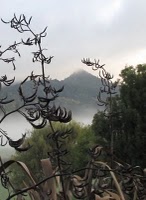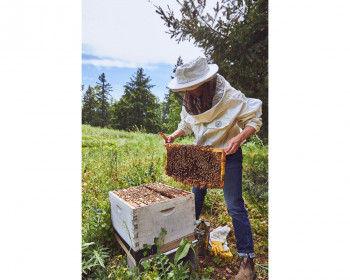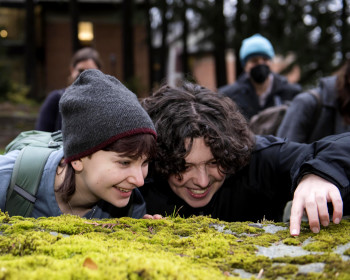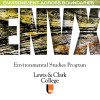Lessons from New Zealand: A Conservation Primer (Part 3 of 3)
Open gallery

June 29, 2009
It also must be considered that new species colonize, and have colonized, regions or landmasses all the time, often leading to the demise of the previously dominant species. That is simply a fact of nature. In this case, we are the ones that facilitated this transport of new biota, so it is considered unnatural. This is to say that we are somehow distinct from the natural world, and most or all of our actions are not natural, which is a whole other debate altogether. Yet another consideration is that we are deciding how to restore these ecosystems and habitats into something more “natural” (define this term as you well). Once again this requires value judgments that are inevitably linked to human interest, simply because we are the ones making the decisions. Money pours in to save the oh-so-charming kiwi and the ever-intriguing tuatara, but what about those critters less likely to capture the public’s hearts, and dollars. Somehow we have convinced ourselves that we are doing the best thing for nature, that we know what is right. But are we not just chasing our tails? Will we not have to, ten years hence, treat these conservation practices, too, as blemishes on the well-intentioned conservation track record? All these questions, among countless others, were confronted and debated between us on our long bus rides, and it would be foolish to say that we came anywhere close to agreement. Yet, these are the questions conservation scientists and policy-makers grapple with every day.
Over the course of three months, we were able to witness the incredible success stories of conservation that have served as models for others throughout the world, but also those shocking blunders of conservation that seem all too ridiculous and avoidable in hindsight. As a case study, New Zealand provides perhaps the most extreme of examples due to its unique natural history. But the root of these debates is the same no matter how and where you approach them. We must take risks in order to act fast. Valued species and resources are not considered equal, ever. Priorities must be established, and sacrifices made. Just like the human interference in the past, and very much the present, that injured the natural balance and health of ecosystems, conservation in practice is just another form of manipulation. Yet, it is fueled by the intentions of restoring and protecting, with enough knowledge that things will truly be helped, and not further harmed. As with all endeavors, the money must come from somewhere, hopefully not undermining the cause.
All of our thoughts and questions found no conclusions or answers, probably because they would only result in yet another opinion or value judgment. And that is the basic principle of conservation. We often must react before it is too late. We would only hope that we would have a complete grasp on an issue, knowing the full effects of each potential course of action. But this is never so. This is not to say that we should do nothing and completely give up. However, all this must be considered. Perhaps we can someday rid conservation of the need to consider profits and other solely human-based regulating factors, so as to throw our full attention on nature itself. But in the end we are only humans, just one piece, one force of nature. As nature is certainly not static, we cannot truly know how things should be, and therefore find some perfect solution to the issue at hand.
I do not want it to seem as if we left completely jaded regarding conservation and environmental issues, returning broken-spirited and without hope for the future. This was simply a wake-up call, allowing us to realize the complexities of this art. Conservation is about much more than the small microcosm that is being considered. This dialogue must be continued no matter where we are and what is at stake. We also came out with a greater understanding of why things live where they do, and why this is important in understanding the past, present, and future biology of a place. I don’t think we could have learned the things we learned in any other place in the world. The most rewarding part being that this was not the end of our studies on conservation and biology, but clearly just the beginning as many of us continue our studies in these fields.
Posted by Kat Fiedler ‘11
More Environmental Studies Stories
Environmental Studies is located in room 343A of John R. Howard Hall on the Undergraduate Campus.
MSC: 62
email envs@lclark.edu
voice 503-768-7790
fax 503-768-7620
Symposium Advisor Jessica Kleiss
Environmental Studies
Lewis & Clark
615 S. Palatine Hill Road MSC 62
Portland OR 97219


